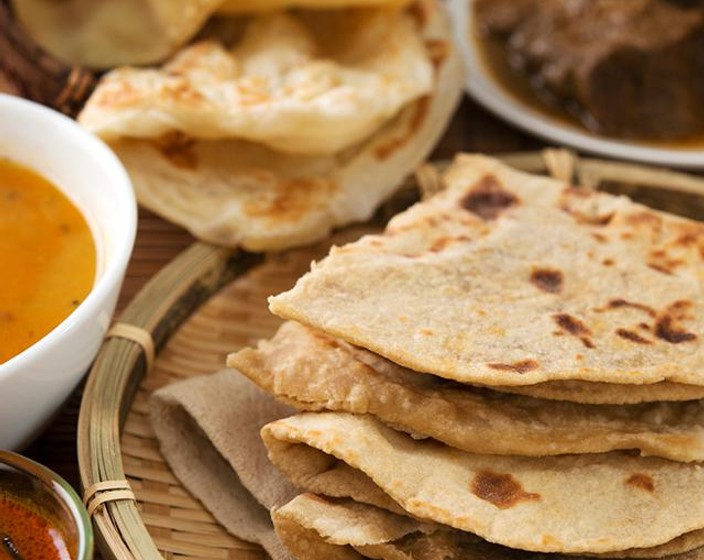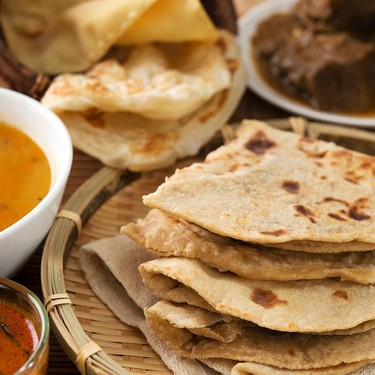Eid Mubarak! Celebrating the End of Ramadan with Delicious Recipes




Happy end of Ramadan to all Muslims, or as we say, Eid Mubarak! Today marks the end of the holiest month in the Islamic calendar: Ramadan. At this point, we have spent days and days fasting from sunrise to sunset. In most Muslim families, including my own, this month has very special meaning.
Eid al-Fitr, also known as the "Festival of Breaking the Fast," is celebrated in diverse ways around the world. In Northern Africa, countries like Morocco and Egypt prepare elaborate feasts featuring dishes such as couscous, lamb, and various pastries. In the Middle East, places like Saudi Arabia and the UAE celebrate with family gatherings, prayers, and special sweets like baklava and ma'amoul. Across South Asia, in countries such as Pakistan, India, and Bangladesh, traditional dishes like biryani, sheer khurma (a sweet milk and vermicelli dessert), and various meat dishes are prepared. Southeast Asia countries like Indonesia and Malaysia celebrate with rendang (a spicy meat dish), ketupat (rice cakes), and a variety of sweet treats. Each region adds its unique cultural flavors and customs, making Eid al-Fitr a truly global celebration.
At a young age, I was always thrilled to enter the month of Ramadan, mainly because I was allowed to eat my three meals as usual, plus an extra one with my entire family. When I became old enough to fast, breaking my fast at night was and continues to be a moment of great relief and joy. Surprisingly enough, the first item everyone (myself included) rushes toward is not the food, but the drinks!
Aside from drinks, breakfast foods also play a large role in fasting as we typically start and break our fast with these types of food. In Senegal, this usually means baguettes and hot chocolate, coffee, or tea.
Eid al-Fitr is the first day, after the month of Ramadan, where Muslims are allowed to eat while the sun is blazing over their heads. Food is an incredibly important part of the day; it is absolutely forbidden to fast on the day of Eid. Additionally, it is a very special day of worship and every mosque is filled to the brim. This is the time to reconsider both your relationship with God and other human beings. Muslims usually ask for forgiveness from their peers and also offer each other gifts of food.
The end of Ramadan is one of the most exciting days to be a Muslim. It is the first time we are able to eat during the daylight and the food has a heavenly taste. Depending on where you are in the world, different dishes are served throughout the day.
In Tunisia, they eat and share mini doughnut-like pastries called Ka’ak and Baklawa. In Pakistan, they celebrate with a beautiful bowl of Kheer (similar to Rice Pudding).
While the celebrations for Eid al-Fitr are diverse and varied, the main goal is to bring an entire community together to celebrate, pray, and enjoy great food.
These bites are perfect for breaking your fast and are made with dates, a traditional fruit often consumed during Ramadan.
Indulge in this rich, sweet pastry made of layers of filo filled with chopped nuts and sweetened with syrup or honey.
These authentic South Asian sweet and savory eggless shortbread biscuits can be easily prepared at home. They are very popular in India and Pakistan, especially during the festive season.
We hope this glimpse into the significance of Eid Mubarak and the diverse culinary traditions that accompany it has inspired you. To further explore the delicious flavors of Eid and Ramadan, we invite you to dive into more mouthwatering recipes and celebrate with us by trying out these dishes and sharing the joy of this special occasion with your loved ones. Eid Mubarak!